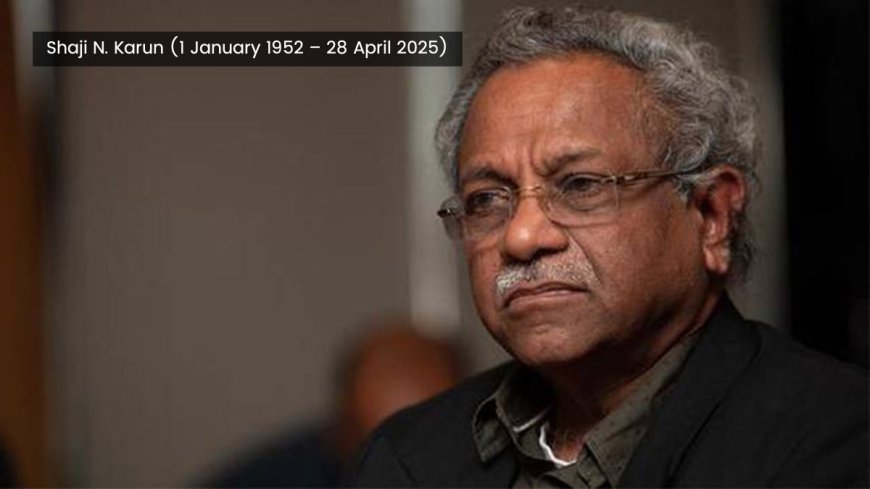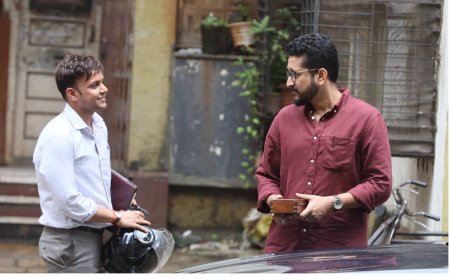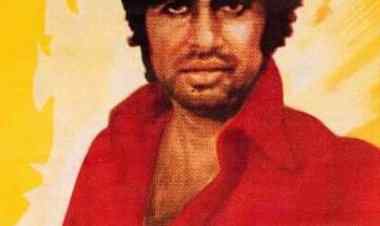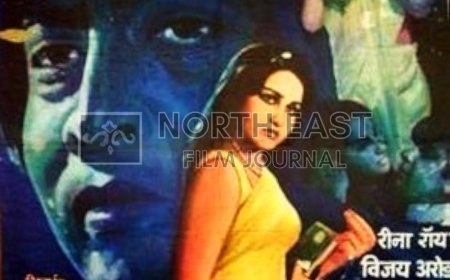Tribute: Shaji N Karun

I came to know about Shaji N. Karun’s masterpiece debut, Piravi (1989), during the early 2000, when I was a college student in Tezpur, Assam. I was an avid reader of the now defunct film journal Cinema in India, once published by National Film Development Corporation of India (NFDC). It was an article on Indian cinema that praised the Malayalam film for profoundly depicting the sadness and endless search for his missing son by an aging father, Raghava Chakyar, played with devastating restraint by theatre veteran Premji, who won the Silver Lotus Award for Best Actor. Moreover, at that time it was amongst the few Indian films to have screened at many International film festivals and won at around 31 awards, including the Caméra d'Or special mention at the 1989 Cannes Film Festival. Since then the film has made me curious. But it was an age where the only opportunity to watch a regional film was Doordarshan and unfortunately it was never screened.
It was not until 2008, when I got admission at the Film & Television Institute of India, Pune that I got the chance to watch the film at the National Film Archive. The film's story immediately engaged me and is less concerned with closure than with the mood of loss. With Sunny Joseph's minimalist camerawork and a long-patient use of natural light and picturesque scenes of the monsoon . Karun's composition of the monsoon as both rebirth and oblivion is poetic without ever being precious. Dialogue is reserved, and the silent moment says most of what needs to be said. The aural world of the film resonates like a crack in the monotonous. T. Krishnanunni won the Silver Lotus Award for Best Audiography, deservedly so.
As I began reading more about the film I came to know that it was based on the true life story of the Rajan case. It happened in Kerala during the period of emergency in 1978. Therefore, it was all the more extraordinary that Karun conflates sorrow with madness, memory with hallucination. The son is never glimpsed. Not even in photographs. By excluding the victim from the scene, Karun makes us live in void itself. This is not just about someone’s absence from the family, but about a decaying society where state machines are ruthless monsters. What makes the film more than political cinema is its reach is its refusal to scream. It watches, laments, and shatters us.
It was such a powerful film and made such a mark that Karun's other award winning ones, Vanaprastham (1999) and Kutty Srank (2010), could not create the same kind of impact. I have still not watched Swaham (1994), but Nishad (2002) and Swapaanam (2014) also did not convey the creative sensations of his debut. In the year 2014 or 2015, I can’t exactly remember, I was the course coordinator of the summer film appreciation course in my institute, where Swapaanam was screened as a part of the program. I met with Karun, who is also an alumnus of the cinematography department, but could not have a conversation with him about his filmmaking journey due to my busy schedule.
Karun left for his heavenly abode on 28 April 2025. Rest in peace, master.
What's Your Reaction?

































































